Queensland budget: Cut rates now, Treasurer Cameron Dick tells RBA
Queensland Treasurer Cameron Dick has demanded the Reserve Bank cut interest rates next week after he handed down a big-spending budget.
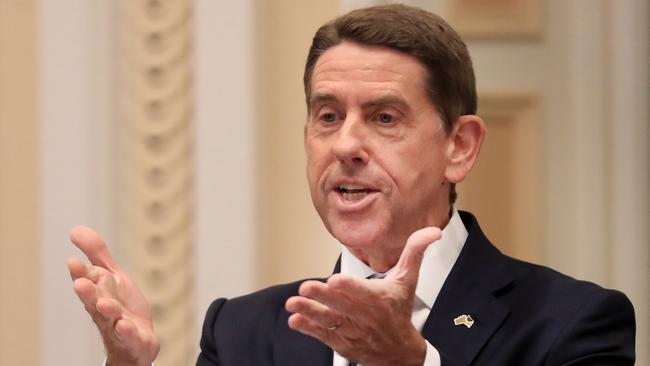
Queensland Treasurer Cameron Dick has demanded the Reserve Bank cut interest rates next week after he handed down a big-spending budget filled with cost-of-living giveaways that economists warn may fuel inflation.
Mr Dick, whose fifth budget on Tuesday doled out $11.2bn in handouts, insisted the concessions would be anti-inflationary and said he wanted the independent bank to cut rates “now”.
“I asked the RBA to cut rates months ago, but yes, we want the RBA to cut rates as quickly as possible to ease the pain on Queensland families and businesses,” he said.
Cost-of-living relief, including $1000 energy rebates and 50c public transport fares, will mechanically drive down the consumer price index, with the budget predicting inflation would halve from 4 per cent this year to 2 per cent in 2024-25.
But economists have warned the Queensland budget cash splash could add to inflationary pressure and prompt the RBA to keep interest rates higher for longer.
Tulipwood Economics director Joe Branigan said Queensland Treasury’s analysis of inflation was wrong.
“Queenslanders can be expected to spend most or all of the savings derived from lower electricity, rego and public transport costs,” he said.
“Spending will increase in all other categories of household expenditure and put upward pressure on inflation.
“To correctly see the budget’s impact on inflation, you need to look at the change in the fiscal balance – which includes the effects of the ‘Big Build’ – between 2023-24 and 2024-25, which will almost double from $5.7bn to $10.8bn.”
Mr Branigan said the government planned to pump an extra $5bn into the economy next financial year at the same time the RBA was trying to lower inflation. “This is why, for the Reserve Bank, it’s two steps forward and one step back.”
Economist Saul Eslake said the RBA was closely watching the spending of state governments, but the extent of inflationary pressure would not be known until NSW – Australia’s biggest state – handed down its budget next week.
He said Queensland had mechanically driven down inflation figures through energy rebates and cheaper public transport, but people may spend their savings elsewhere.
“The question is, will all the extra spending that people will do with that money add to inflation in other areas? In principle, the answer is ‘yes’, in practice, the answer is how material is it?” Mr Eslake said.
“And I suspect the answer will ultimately be not enough to make the Reserve Bank raise rates, but probably enough to prompt them to think about delaying rate cuts.”
Mr Eslake said effects of Queensland’s budget handouts would not be known until after the inflation figures from the September quarter were published.
“And conveniently for the Queensland government, that is not until the last Wednesday in October (four days after the state election),” he said.
Premier Steven Miles and his frontbench used question time on Wednesday to further distance the third-term Labor government from its former leader Annastacia Palaszczuk, describing the budget as the “first” of a “new government” after asking voters not to judge Labor on its nine-year record in office.
Questioned by the LNP opposition about whether the government was “running away from its record” after a jump in crime rates and the surgical waitlist blowing out to 60,000 people, Mr Miles said the government had “outlined comprehensive plans” since he replaced Ms Palaszczuk as premier in December.


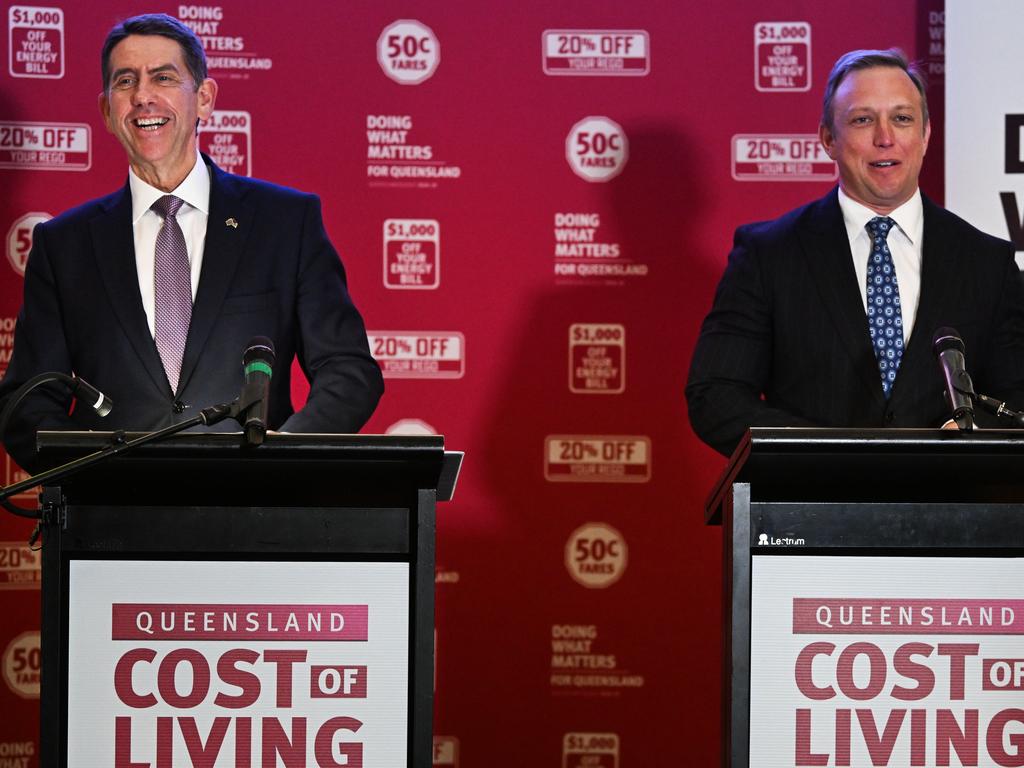
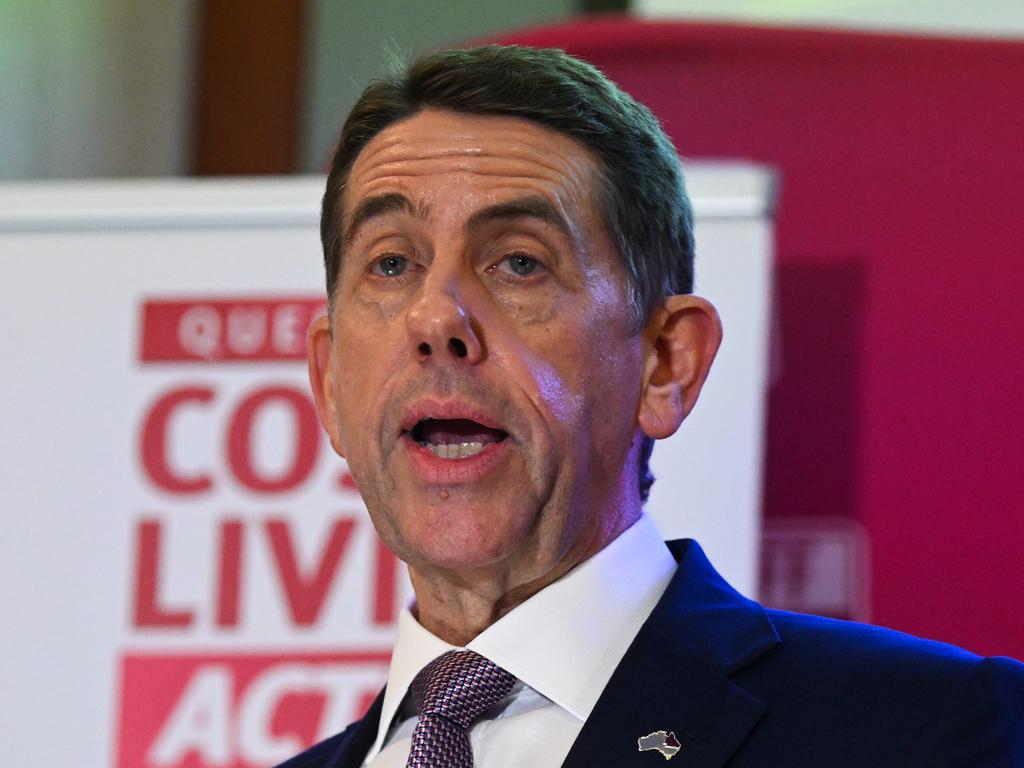
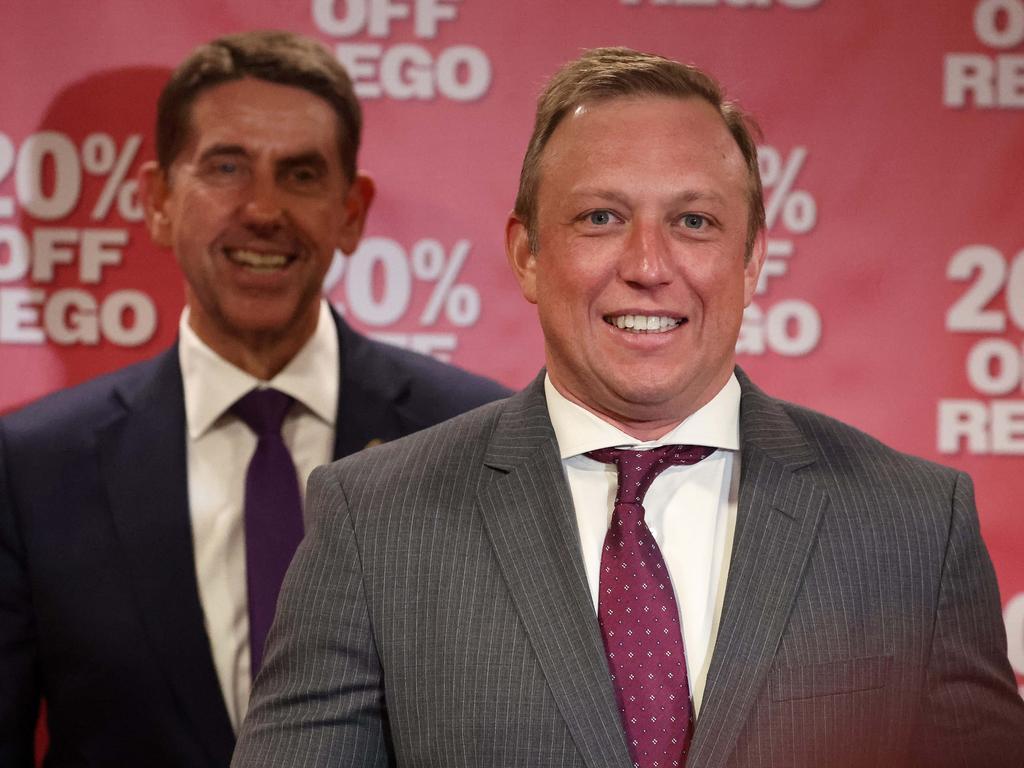
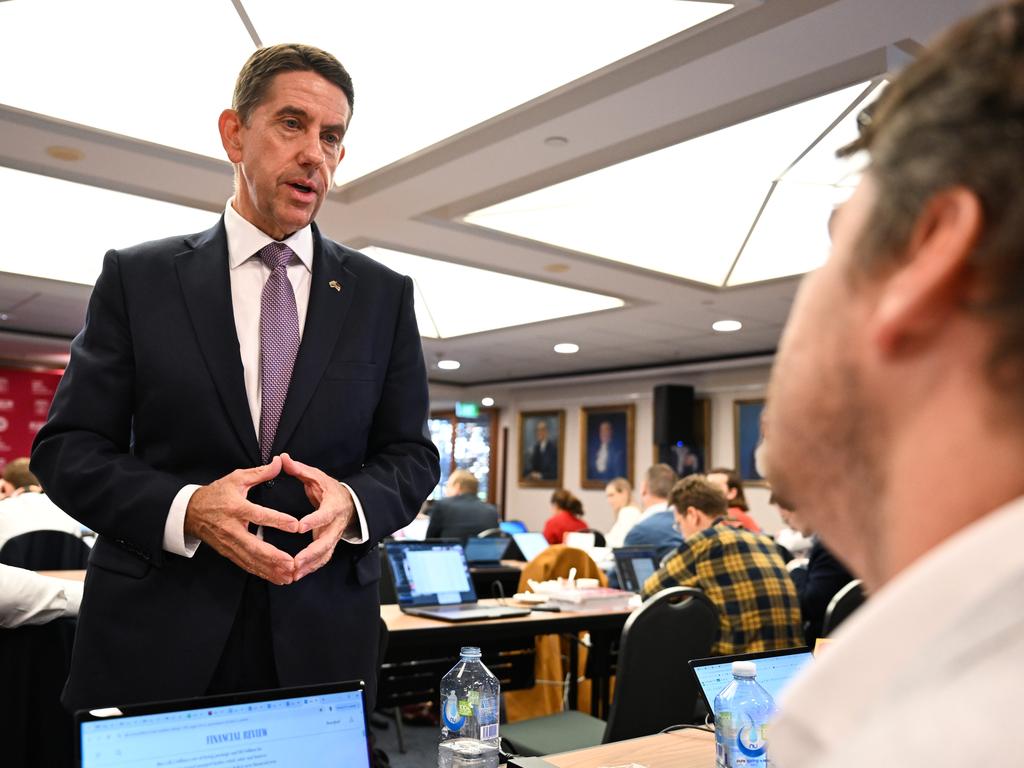


To join the conversation, please log in. Don't have an account? Register
Join the conversation, you are commenting as Logout